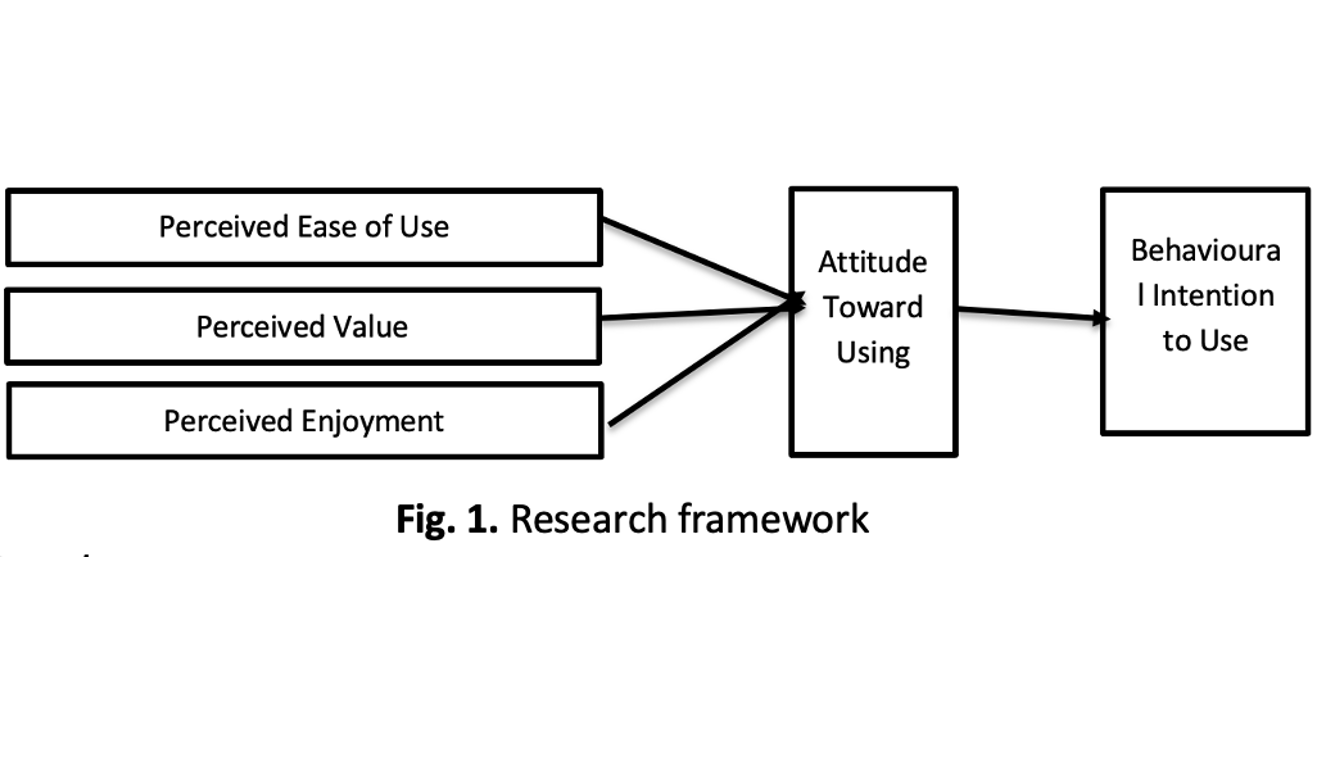Exploring the Role of Attitude in Shaping Young Consumers' Intention to use Self-Service Kiosks in Quick Service Restaurants
Keywords:
Self-service kiosks, perceived ease of use, perceived value, perceived enjoyment, attitude, behavioural intentionAbstract
The adoption of self-service kiosks in quick service restaurants is reshaping the way consumers interact with service technologies. Despite their operational benefits, young consumers may still hesitate to use these systems due to varying perceptions. This study investigates how perceived ease of use, perceived value, and perceived enjoyment influence users’ attitudes, and in turn, their intention to use SSKs. The research targets students at Malaysian University, who frequently engage with such technologies. A quantitative method was employed using a structured online survey, and data from 214 students were analysed using PLS-SEM. The results indicate that perceived ease of use and perceived enjoyment significantly shape young consumers’ attitudes, which in turn strongly drive their intention to use self-service kiosks. However, perceived value was not a significant predictor of attitude in this context. These findings suggest that enhancing usability and emotional engagement may be more effective strategies than focusing on functional value alone. This study offers practical guidance for QSR operators and designers to prioritize intuitive, enjoyable experiences that resonate with younger users.







